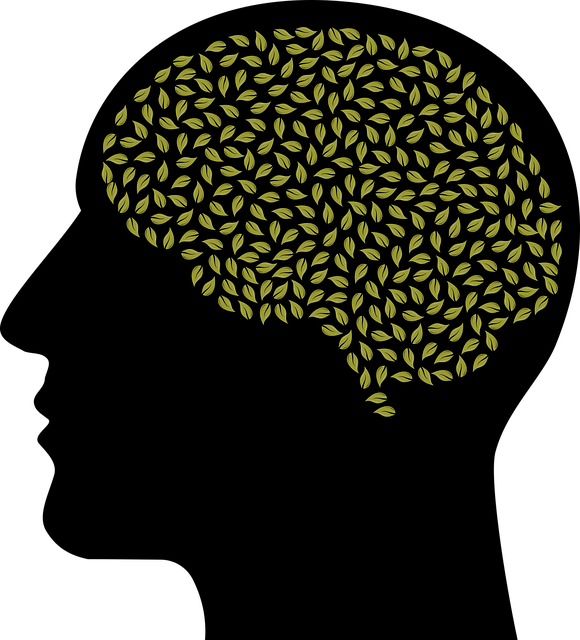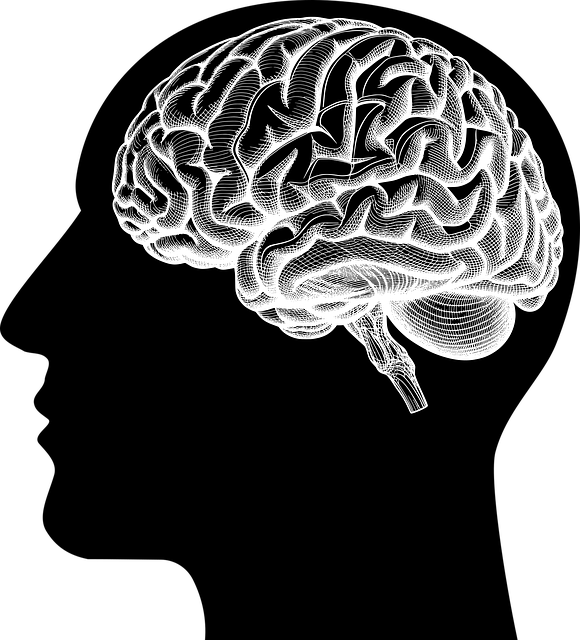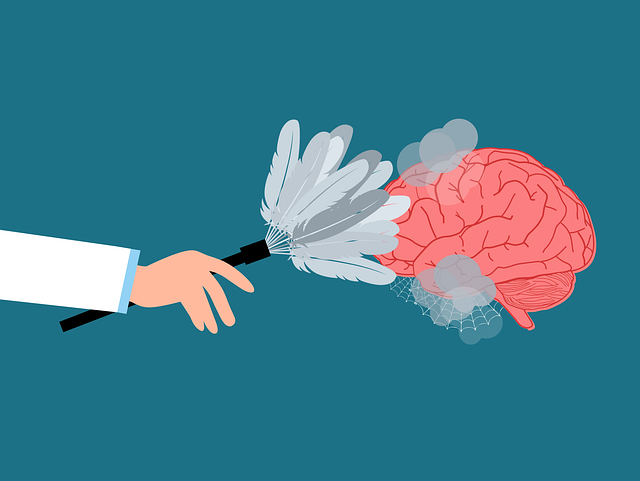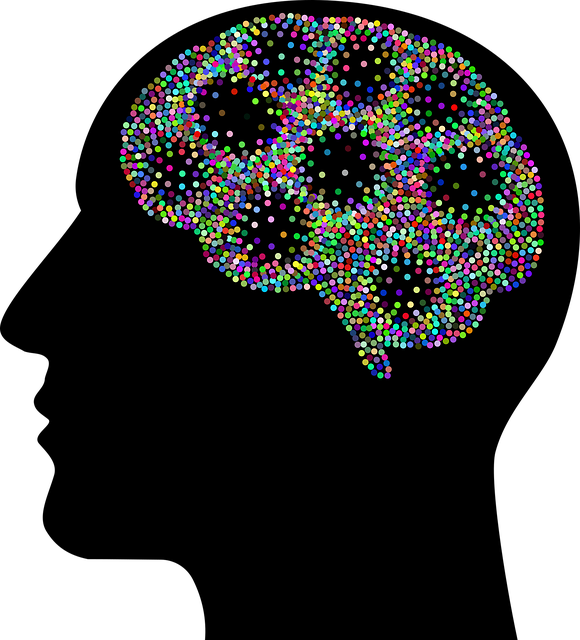Crisis Intervention Teams (CITS) provide immediate, tailored support during mental health crises using cognitive behavioral techniques and personalized Emotional Well-being Promotion Techniques. Training programs equip healthcare professionals with cultural competency and specialized skills, such as Lone Tree bariatric evaluations therapy, to offer holistic care for acute challenges. These evaluations integrate mindfulness meditation, conflict resolution, and crisis intervention to address physical and psychological aspects of obesity, promoting emotional well-being and long-term success. Comprehensive crisis team training fosters community resilience by teaching emotional regulation, self-care routines, and early warning sign identification, enhancing individual and societal well-being.
In today’s complex social landscape, effective crisis intervention is more crucial than ever. This article explores the vital role of specialized training programs in empowering professionals to handle mental health crises adeptly. From understanding Crisis Intervention Teams (CITS) as essential resources to unlocking access to specialist care through Lone Tree Bariatric Evaluations, we delve into strategies enhancing community resilience. Additionally, we examine therapy integration and customized interventions for complex cases, underscoring the holistic approach needed in crisis management.
- Understanding Crisis Intervention Teams: A Vital Resource for Mental Health Support
- The Role of Training Programs in Equipping Professionals for Effective Response
- Lone Tree Bariatric Evaluations: Unlocking Access to Specialized Crisis Care
- Therapy Integration and Customized Interventions for Complex Cases
- Enhancing Community Resilience through Comprehensive Crisis Team Training
Understanding Crisis Intervention Teams: A Vital Resource for Mental Health Support

Crisis Intervention Teams (CITS) are a vital resource in mental health support, offering immediate and effective assistance during moments of crisis. These specialized teams, often comprised of trained professionals from various backgrounds, such as healthcare, social work, and psychology, are designed to provide rapid response to individuals experiencing severe emotional distress or psychological trauma. By integrating Lone Tree bariatric evaluations and therapy alongside traditional mental health care, CITS can address the complex interplay between physical and mental well-being.
The Mind Over Matter Principles, which emphasize cognitive behavioral techniques for emotional well-being promotion, are a cornerstone of effective CIT training. These principles equip team members with tools to help individuals manage their emotions, build coping strategies, and enhance their overall confidence boosting abilities. Furthermore, CITS employ Emotional Well-being Promotion Techniques tailored to the unique needs of each crisis situation, ensuring that support is both immediate and personalized. Through these comprehensive training programs, Crisis Intervention Teams become a powerful force in preventing escalation and promoting positive outcomes for those facing mental health challenges.
The Role of Training Programs in Equipping Professionals for Effective Response

Effective crisis intervention team training programs play a pivotal role in equipping healthcare professionals to respond to critical situations with agility and sensitivity. These programs go beyond mere technical skills, delving into essential aspects like cultural competency training that fosters understanding and empathy. By exposing professionals to diverse scenarios, including those related to complex conditions like bariatric evaluations and therapy, these initiatives enhance their ability to provide tailored care.
The integration of empathy-building strategies within such training is paramount. It allows healthcare providers to navigate challenging situations with compassion, ensuring that individuals in crisis feel heard and respected. Ultimately, well-rounded training empowers professionals to offer holistic support, making a profound difference in the lives of those facing acute health challenges, including those requiring specialized Lone Tree bariatric evaluations therapy.
Lone Tree Bariatric Evaluations: Unlocking Access to Specialized Crisis Care

In many cases, individuals facing severe weight-related health issues struggle with co-occurring mental health challenges, which require specialized crisis care. Lone Tree Bariatric Evaluations emerge as a game-changer in this scenario, offering a tailored approach to address both physical and psychological aspects of obesity. These evaluations unlock access to comprehensive therapy, integrating evidence-based practices like mindfulness meditation, conflict resolution techniques, and crisis intervention guidance. By combining medical expertise with mental health support, Lone Tree Bariatric Evaluations ensure patients receive holistic care that addresses the root causes of their struggles, fostering a more effective path to recovery.
Through meticulous assessments, clinical professionals identify individuals’ unique needs, customizing treatment plans that incorporate both bariatric surgery and intensive psychotherapy. This dual-focus approach not only facilitates weight loss but also equips patients with valuable conflict resolution techniques, enhancing their ability to navigate interpersonal challenges. By integrating mindfulness meditation into the therapeutic mix, patients develop coping mechanisms that promote emotional well-being, resilience, and overall mental health stability—all crucial elements for long-term success in managing both obesity and related psychological issues.
Therapy Integration and Customized Interventions for Complex Cases

Enhancing Community Resilience through Comprehensive Crisis Team Training

In today’s fast-paced and often unpredictable world, building community resilience is more vital than ever. Comprehensive crisis team training programs play a pivotal role in achieving this goal by equipping individuals with the skills to navigate and mitigate potential mental health crises. These programs, designed with an emphasis on Lone Tree bariatric evaluations therapy, go beyond mere intervention techniques. They foster a deep understanding of emotional regulation, encouraging participants to integrate self-care routine development for better mental health into their daily lives.
By integrating mental health education programs, these training initiatives empower communities to recognize early warning signs and provide timely support. This proactive approach not only enhances the overall well-being of individuals but also creates a supportive network that can effectively respond to various crises, from personal challenges to larger community emergencies. Through such holistic training, societies become better equipped to handle mental health issues, ensuring resilience and promoting lasting positive outcomes.
Crisis intervention team training programs, such as those focused on Lone Tree bariatric evaluations and therapy integration, play a crucial role in enhancing community resilience. By equipping professionals with effective response strategies, these programs ensure that mental health support is readily accessible during crises. This comprehensive training not only empowers individuals to navigate complex cases but also fosters a more robust and coordinated system of care, ultimately promoting better outcomes for those in need.








